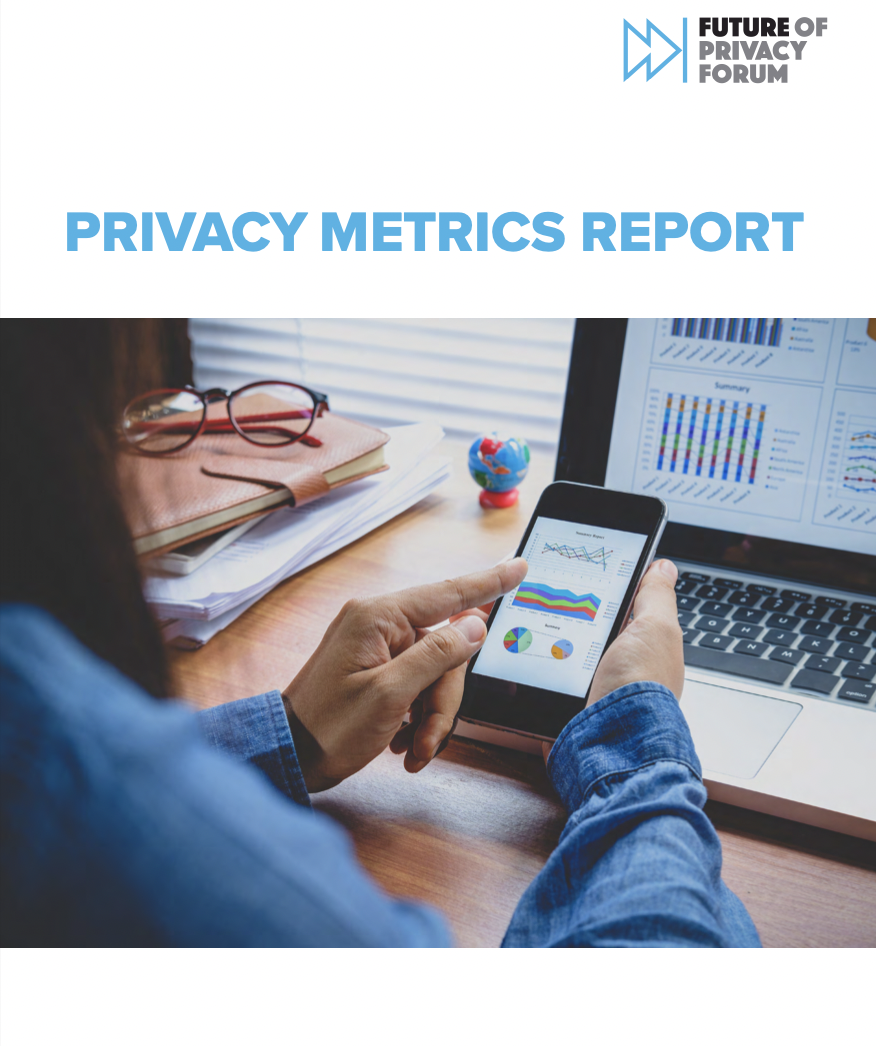
Measuring Privacy Programs
The risks of falling short on privacy compliance are greater than they have ever been. New laws are going into effect around the world and in the states, enforcement agencies are exercising their authority and media organizations have teams devoted to identifying data protection failures. Legal judgments can run into the billions. And most important, […]

FPF Statement on the EU/US Transatlantic Data Agreement
March 25, 2022 — This morning the European Union and the United States came to a breakthrough agreement in principle, which allows Europeans’ personal data to flow to the United States. Future of Privacy Forum’s CEO Jules Polonetsky said: We are encouraged to see progress in the important effort to ensure that cross-border EU-U.S. research, […]

Sivan Tamir

Brussels Privacy Symposium 2021 Report
On November 16, 2021, the Future of Privacy Forum (FPF) and the Brussels Privacy Hub of Vrije Universiteit Brussel (VUB) hosted the Brussels Privacy Symposium 2021 – The Age of AI Regulation: Global Strategic Directions. The event, convened by Jules Polonetsky, CEO of FPF, Christopher Kuner and Gianclaudio Malgieri, Co-Chairs of the Brussels Privacy Hub […]

BCI Technical and Policy Recommendations to Mitigate Privacy Risks
This is the final post of a four-part series on Brain-Computer Interfaces (BCIs), providing an overview of the technology, use cases, privacy risks, and proposed recommendations for promoting privacy and mitigating risks associated with BCIs. Click here for FPF and IBM’s full report: Privacy and the Connected Mind. In case you missed them, read the […]

How the Kenyan High Court (temporarily) struck down the national digital ID Card: Context and Analysis
The High Court of Kenya, by virtue of a judicial review application, delivered a landmark judgment declaring the proposed national digital ID card (Huduma Card) unconstitutional on October 14, 2021 – a judgment that is now part of the growing data protection and privacy jurisprudence in the country. Kenya enacted its first Data Protection Act […]

BCI Commercial and Government Use: Gaming, Education, Employment, and More
This post is the third in a four-part series on Brain-Computer Interfaces (BCIs), providing an overview of the technology, use cases, privacy risks, and proposed recommendations for promoting privacy and mitigating risks associated with BCIs. Click here for FPF and IBM’s full report: Privacy and the Connected Mind. In case you missed them, read the […]

The State of Play – Issue Brief: COPPA 101
The Children’s Online Privacy Protection Act (COPPA), enacted by Congress in 1998, aims to give parents more control over the information collected about their children online. The law requires operators of games, websites, apps, and other online services catered to users under the age of 13 to obtain permission from a child’s parent before collecting information about […]

BCIs & Data Protection in Healthcare: Data Flows, Risks, and Regulations
This post is the second in a four-part series on Brain-Computer Interfaces (BCIs), providing an overview of the technology, use cases, privacy risks, and proposed recommendations for promoting privacy and mitigating risks associated with BCIs. Click here for FPF and IBM’s full report: Privacy and the Connected Mind. In case you missed it, read the […]

Understanding why the first pieces fell in the transatlantic transfers domino
Two decisions issued by Data Protection Authorities (DPAs) in Europe and published in the second week of January 2022 found that two websites, one run by a contractor of the European Parliament (EP), and the other one by an Austrian company, have unlawfully transferred personal data to the US merely by placing cookies (Google Analytics and Stripe) provided by two US-based companies on the devices of their visitors.
